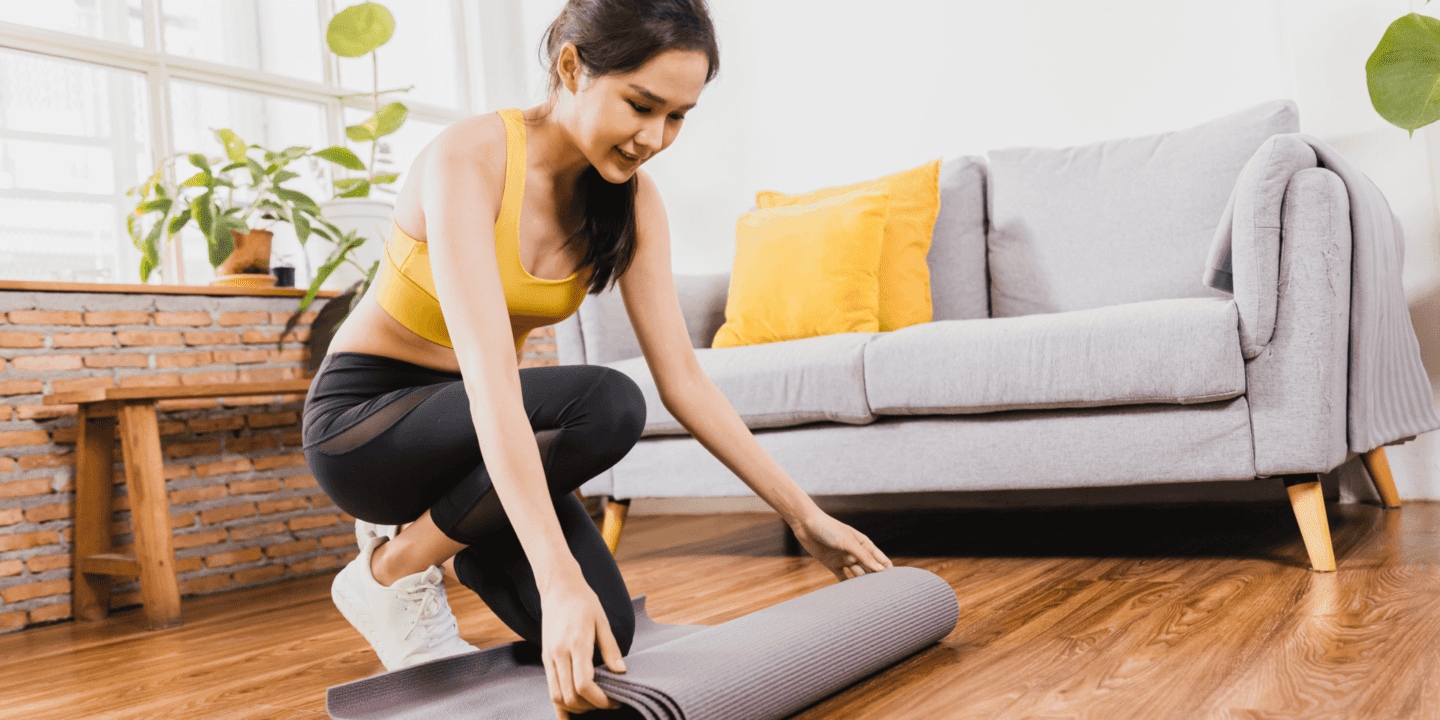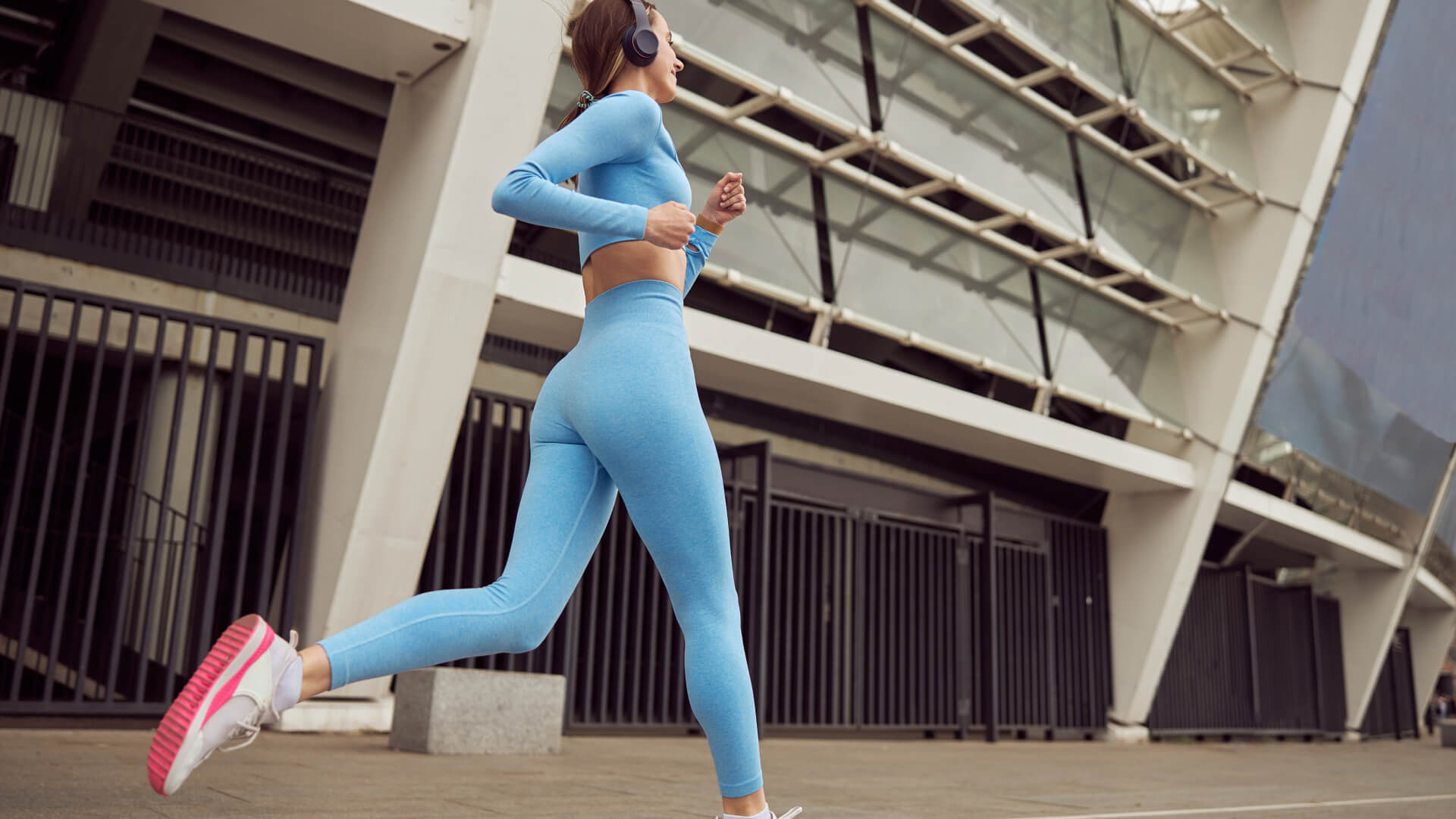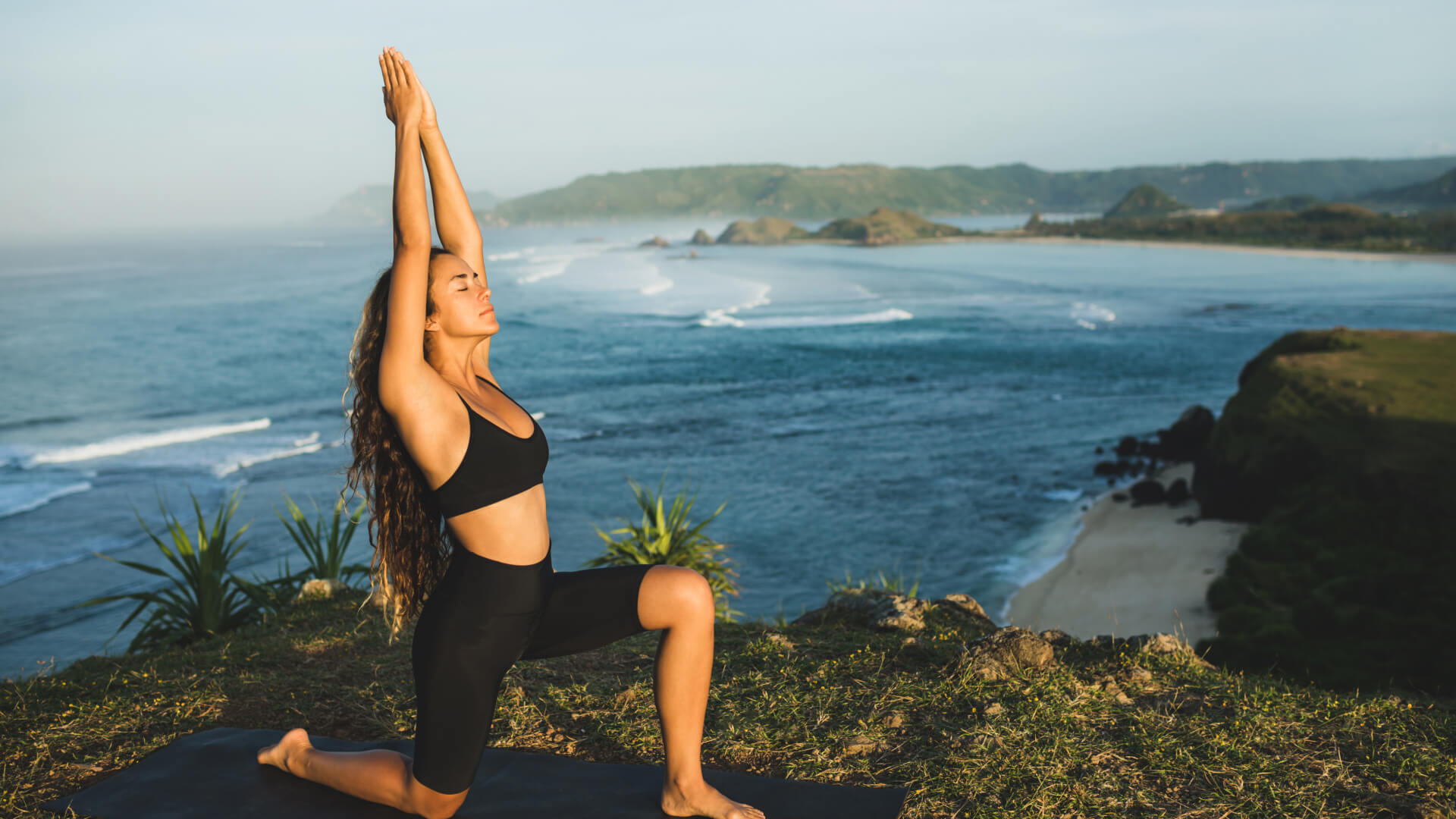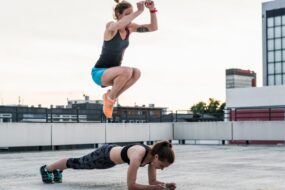
In the quest for a more fit lifestyle and advanced health, timing could make all of the difference. Have you ever wondered whilst the fine time to work out is? Is it the crack of sunrise or after a protracted day at the workplace? The solution, as it turns out, isn’t one-length-fits-all. It depends on various factors, such as your goals, body clock, and private possibilities. In this blog, we’ll delve into the science of timing that will help you determine when the top-rated time to work out might be for you.
Morning Glory: The Benefits of A.M. Workouts
For early birds, morning workouts provide a number of benefits:
Boosted Metabolism:
Exercising in the morning jumpstarts your metabolism, supporting you burn more energy all through the day.
Consistency:
Morning routines are less likely to be interrupted with the aid of sudden events, making it less complicated to stick to your workout timetable.
Enhanced Mood:
Physical activity releases endorphins, that could set a positive tone to your day and decrease stress.
Improved Focus:
A morning workout can enhance your mental readability and awareness, supporting you to tackle everyday obligations with more performance.

The Afternoon Advantage: Benefits of P.M. Workouts
If you are no longer a morning individual, do not worry—afternoon workouts have their perks too:
Increased Body Temperature:
Your body temperature obviously rises in the afternoon, which may lessen the danger of damage and enhance muscle flexibility.
Strength and Performance:
Research shows that electricity, speed, and persistence tend to top in the late afternoon, probably main to greater effective exercises.
Lung Function:
Lung characteristics and anaerobic performance have a tendency to be at their best in the late afternoon, making it an ideal time for extreme exercises.
Joint Lubrication:
As the day progresses, the synovial fluid for your joints will increase, reducing the hazard of joint injury during a workout.
Finding Your Fit: Personalizing Your Workout Time
While morning and afternoon exercises have their advantages, the excellent time for training sessions ultimately relies upon you. Here are some guidelines to help you locate your perfect exercise time:
Consider Your Goals:
Are you aiming for weight loss, muscle gain, or ordinary health? Your goals can have an impact on the high-quality time to work out.
Listen to Your Body:
Pay attention to your energy ranges and body clock. Some humans evidently feel greater alert in the morning, even as others are night-time owls.
Experiment:
Try working out at distinct times of the day to look whilst you experience maximum energy and perform at your fine.
Prioritize Consistency:
The key to successful fitness is consistency. Choose a time that lets you stick to your workout routines often.
Hydration and Nutrition:
Fueling your frame with the proper nutrients and staying hydrated can affect your workout performance at any time of the day.
Account for Scheduling:
Consider your everyday schedule, such as work, family, and different commitments. Find a time that aligns together with your daily recurring.
Social Support:
If you enjoy working out with pals or in a collection, select a time that suits their schedules for delivered motivation.
Excellent time to exercise session varies from character to character. The maximum vital element is locating a time that you could commit to consistently. Whether you are an early chicken or a night owl, technological know-how indicates that the advantages of exercise can be reaped at any time of the day. So, lace up your footwear, pick a time that suits you, and get moving. Your body and thoughts will thank you for it.













